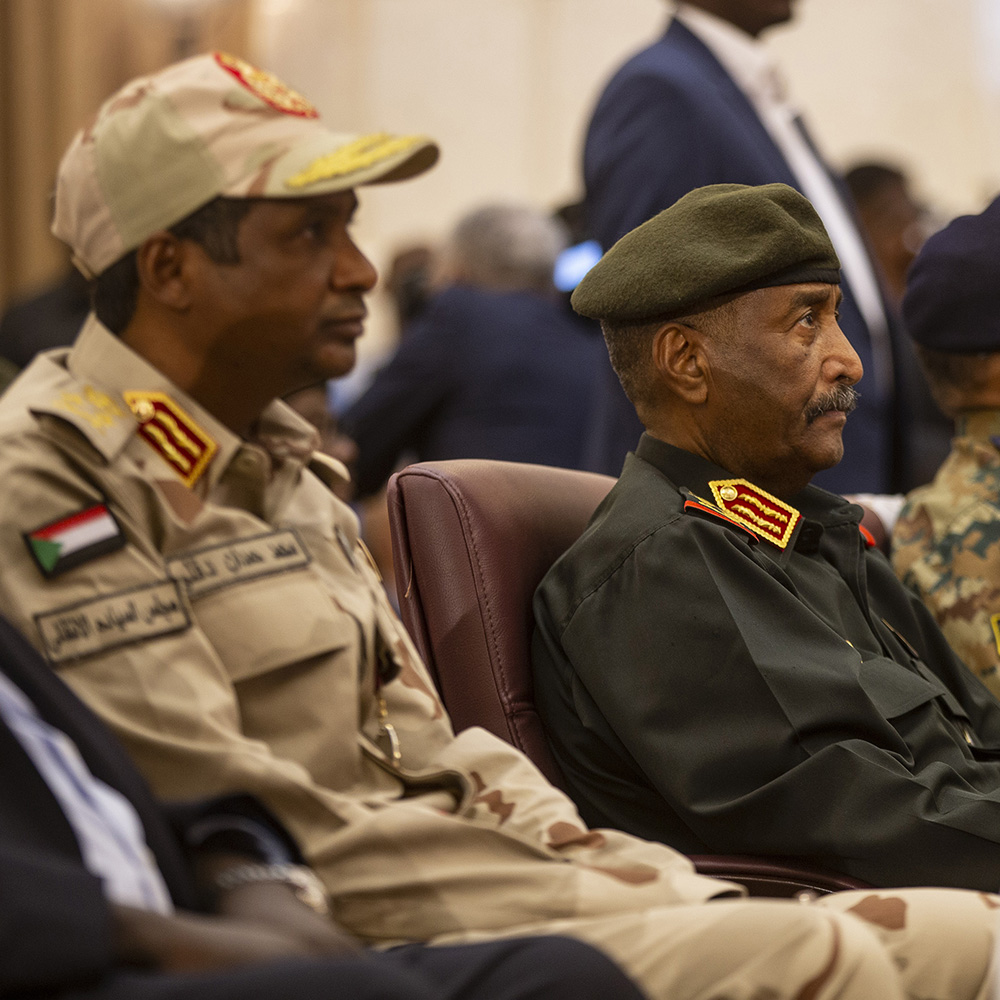
Security, Fragmentation, and Civic Futures: Rethinking Reform in Sudan’s Militarised...
Authors: Dr Matthew Benson-Strohmayer, Raga Makawi, Dr Willow Berridge and Dr Sarah Detzner
Sudan’s security sector has long functioned not merely as a military institution but as a mechanism of authoritarian governance and economic extraction. Since independence, successive regimes have maintained power through coercive force and the dispersal of fiscal authority to unaccountable military, paramilitary, and commercial actors. This brief contends that any serious approach to security sector reform (SSR) in Sudan must reckon with the political economy that sustains militarised rule. It focuses on Sudan’s colonial military legacies, the political economy of security financing, and the emergence of civic resistance as both a political and fiscal counter-power. Drawing from archival, civic, and interview-based sources, the brief provides a grounded account of how popular actors have theorised and contested militarised governance. We argue that SSR has repeatedly failed not because of technical deficiencies, but because of exclusionary settlements, donor complicity, and a refusal to confront the core structures of military-fiscal rule. A future reform agenda must centre civic actors, address fiscal fragmentation, and challenge the transnational architecture that has enabled elite impunity. The insights presented here aim to inform humanitarian and development interventions by the United Kingdom government and other partners who are seeking to forge an enduring peace once the opportunity arises.
Explore all PeaceRep Sudan research